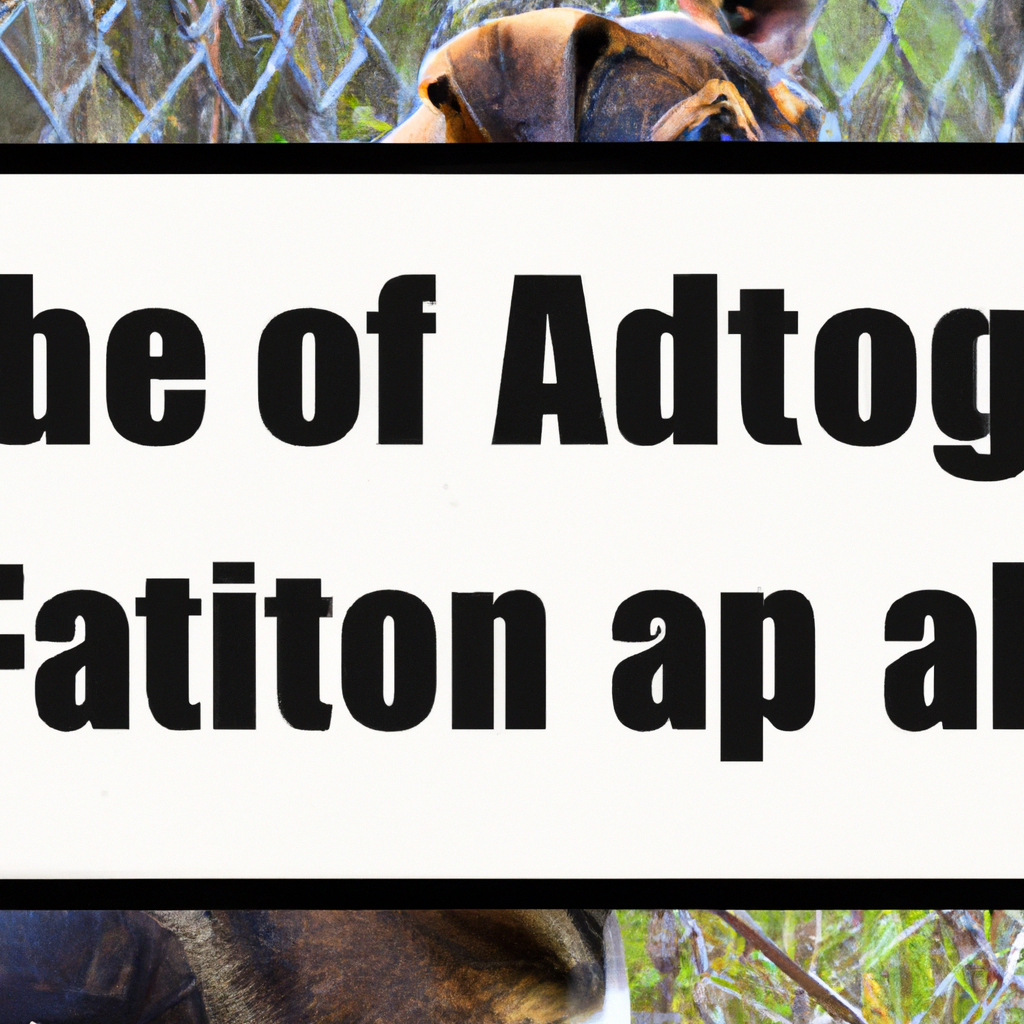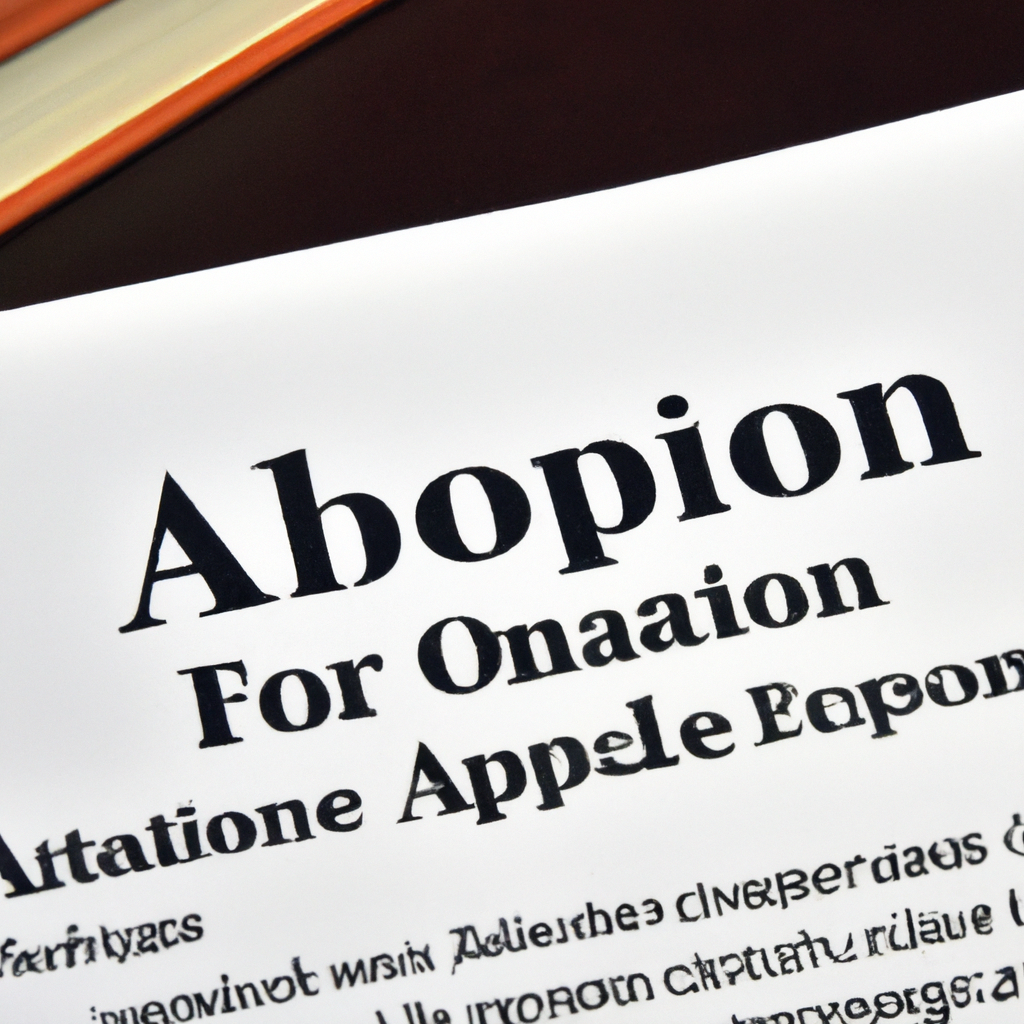The Role of Dog Adoption in Promoting Responsible Breeding Practices
The Role of Dog Adoption in Promoting Responsible Breeding Practices Introduction Responsible breeding practices play a critical role in
The Role of Dog Adoption in Promoting Responsible Breeding Practices

Introduction
Responsible breeding practices play a critical role in ensuring the overall health and well-being of dogs. To eliminate issues associated with irresponsible breeding, such as overpopulation and genetic health problems, dog adoption has emerged as a vital alternative. By encouraging and participating in dog adoption programs, individuals can propel responsible breeding practices forward.
The Importance of Responsible Breeding
Responsible breeding involves carefully selecting mate partners based on a thorough understanding of each dog’s physical and genetic qualities. It aims to improve the breed’s health, temperament, and overall conformation while avoiding detrimental outcomes. This practice helps reduce the occurrence of hereditary diseases and promotes the longevity and well-being of dogs worldwide.
Challenges of Irresponsible Breeding
Irresponsible breeding practices, such as backyard breeding and puppy mills, have emerged as significant challenges in recent years. These practices focus solely on profit and often disregard the health and welfare of the breeding dogs. This disregard can lead to various issues, including a surge in the number of abandoned, neglected, or surrendered dogs, as well as an increase in genetic disorders within certain breeds.
The Advantages of Dog Adoption
Dog adoption provides numerous advantages in promoting responsible breeding practices:
- Reduced overpopulation: By adopting a dog instead of buying one, the demand for dogs from puppy mills and backyard breeders decreases. This reduction contributes to lowering the number of stray and abandoned dogs.
- Saving lives: Many dogs that end up in shelters or rescue organizations come from accidental or irresponsible breedings. Adoption gives these dogs a chance at a fulfilling life and prevents euthanasia due to overcrowding.
- Supporting reputable breeders: Responsible breeders prioritize the welfare of their dogs and adhere to high standards. By adopting from shelters and rescue organizations, individuals encourage the work of reputable breeders who genuinely care for their animals.
- Healthy breed mix: Adoption allows for a greater variety of mixed breeds, offering unique and often healthier genetic combinations. This genetic diversity helps mitigate the prevalence of breed-specific health issues.
Conclusion
In conclusion, dog adoption plays a crucial role in promoting responsible breeding practices. By adopting instead of buying, individuals contribute to reducing overpopulation, saving lives, and supporting reputable breeders. Additionally, the inclusion of diverse mixed breeds promotes healthier genetic combinations. Together, these actions create a more compassionate and sustainable future for dogs and their owners.






